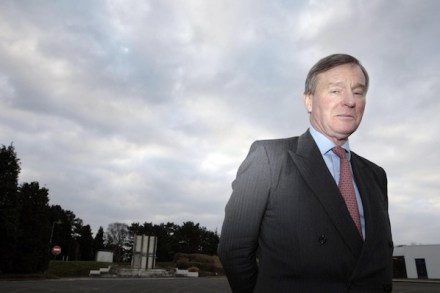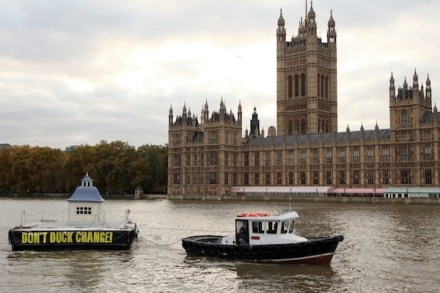Prime Minister auditions as his own press officer after shambolic week
In between confusing the Chamber just a little bit more on his European policy this afternoon, David Cameron appeared to be auditioning to work as his own press officer, reading out a list of the government’s achievements such as falling unemployment and lower inflation figures over the past week to MPs, just in case they’d missed them, as evidence that Britain does have a great deal to offer to Europe. He had already taken pains to emphasise this earlier today after his crime speech, saying: ‘We need to focus on the big picture. What actually happened last week is that unemployment fell, inflation fell, waiting lists in our hospitals fell,




















